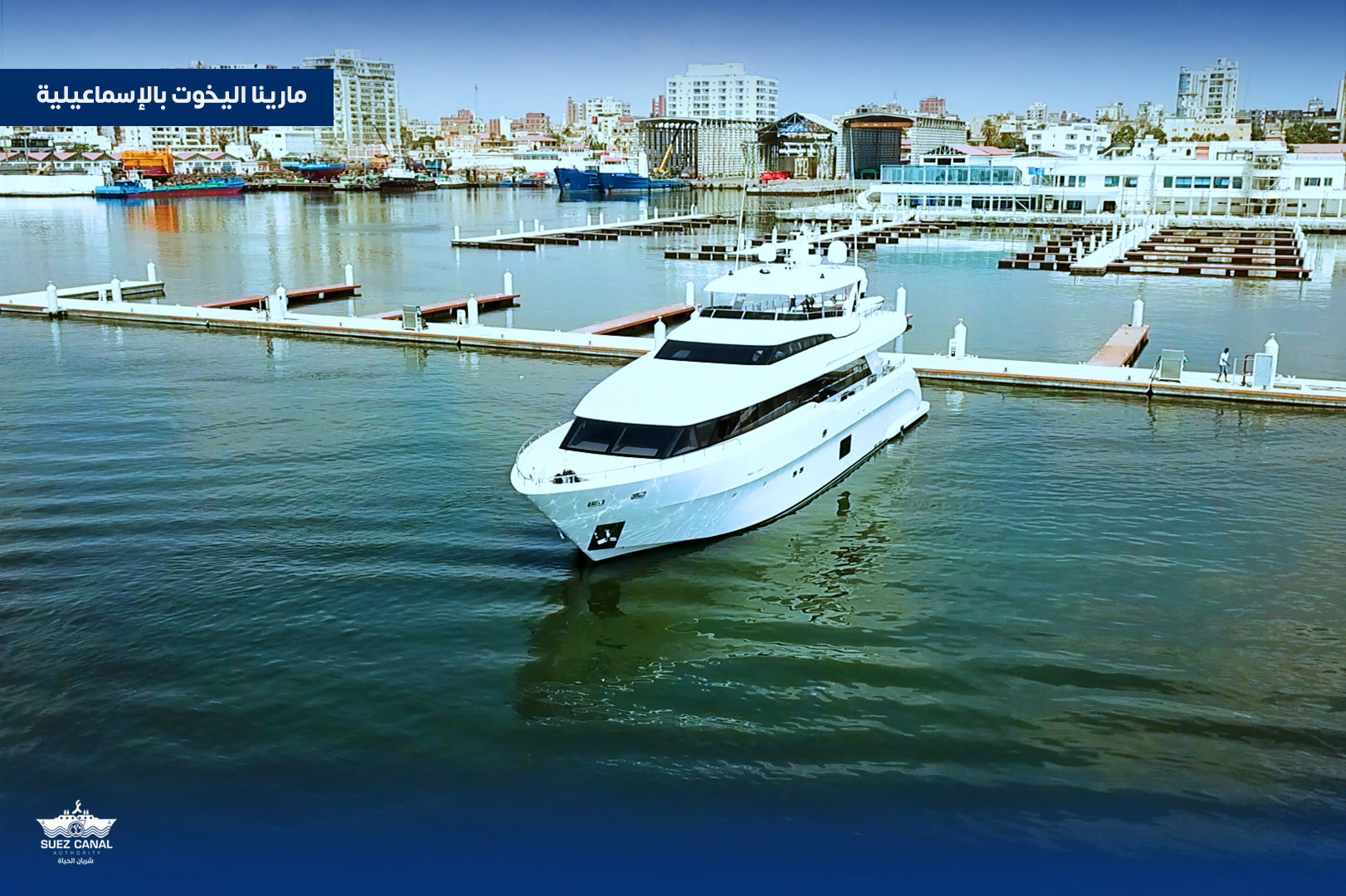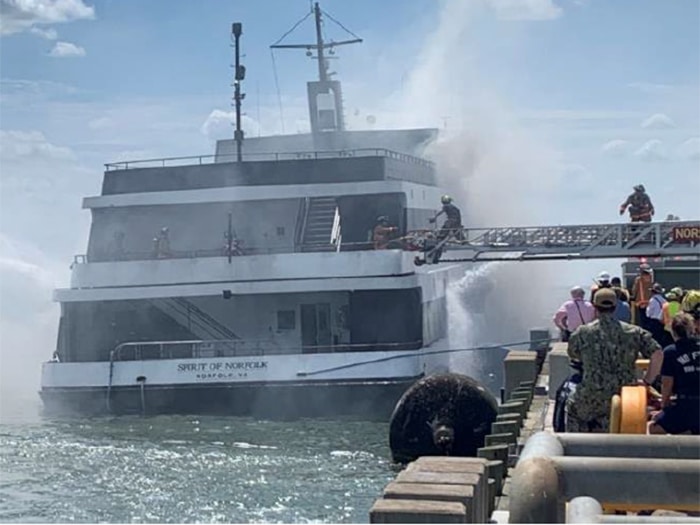|
Getting your Trinity Audio player ready...
|
Wallenius Wilhelmsen, the global leader in roll-on/roll-off (RoRo) shipping and logistics, has announced plans to increase the size of four of its Shaper-class vessels. These ships, already among the largest in the company’s fleet, will undergo modifications to further enhance their cargo capacity and efficiency.
The decision to enlarge these vessels comes as part of Wallenius Wilhelmsen’s strategy to meet growing global demand for shipping larger and more diverse cargo, including heavy machinery, vehicles, and oversized goods. By increasing the dimensions of the Shaper-class ships, the company aims to improve operational efficiency, reduce emissions per transported unit, and offer enhanced service to its customers.
The Shaper-class vessels are known for their advanced design and ability to carry a wide variety of cargo types, making them essential assets in the RoRo shipping industry. The planned upgrades will allow these ships to accommodate even more cargo while maintaining the high environmental standards the company is committed to.
This expansion is expected to strengthen Wallenius Wilhelmsen’s position as a key player in global shipping and logistics, enabling the company to better serve its growing customer base across multiple industries.
Wallenius Wilhelmsen Upsizes Four Shaper Class Car Carrier Vessels
Wallenius Wilhelmsen has announced a significant increase in the size of four of its Shaper Class car carrier vessels, currently being built at China’s Jinling Shipyard (Jiangsu). These vessels, originally designed with a capacity of 9,300 CEUs (Car Equivalent Units), will now be upsized to approximately 11,700 CEUs. This move will make them the largest Pure Car and Truck Carriers (PCTCs) ever constructed, surpassing even Höegh Autoliners’ 9,100 CEU Aurora Class vessels.
The upsized Shaper Class ships are part of Wallenius Wilhelmsen’s larger plan to meet the rising demand for car shipping, particularly electric vehicles (EVs). The company emphasizes that these vessels will play a pivotal role in reducing the cost of achieving its net-zero carbon goals across its operations.
Xavier Leroi, EVP & COO of Shipping Services at Wallenius Wilhelmsen, highlighted the advantages of the new vessels, saying, “Specifically designed for our needs and trading patterns, prepared for net-zero from day one, and purpose-built with significant economies of scale, we believe the new upsized Shaper vessels are a class apart. Providing significant savings on fuel and emissions in comparison to the current fleet and with both unparalleled capacity and the highest ramp strength in the order book, these vessels are truly fit for the future.”
The Shaper Class vessels boast advanced features, including dual-fuel engines capable of running on methanol from the day they are delivered, enhanced ramp strength, and a focus on high and heavy cargo capacity. Additionally, the ships prioritize energy efficiency, safety, and crew welfare, making them not only environmentally friendly but also well-equipped for future challenges in the shipping industry.
The first of the Shaper Class vessels will be delivered in the second half of 2026, with the upsized versions expected to follow in late 2027.
Why Build Larger Car Carriers?
The push to build larger car carriers likely stems from the expectation of growing Chinese exports of electric vehicles (EVs). Despite concerns about unfair subsidies and market competition, car carrier operators remain unfazed by the heavy tariffs several countries have imposed on Chinese-made EVs.
As of September 2024, the U.S. has imposed a 100% tariff on Chinese-built EVs as part of a broader trade measure aimed at countering perceived unfair advantages from state subsidies in China. Similarly, Canada has introduced identical tariffs on Chinese EVs, aligning itself with U.S. policies. Meanwhile, the European Union has imposed tariffs ranging from 17.4% to 37.6% on specific Chinese EV manufacturers following investigations into subsidies in China’s EV industry.
Despite these trade barriers, car carrier operators, including Wallenius Wilhelmsen, appear confident in the future of EV shipments, as the upsizing of their fleets indicates their long-term investment in meeting increasing global demand. The decision to build larger vessels reflects the industry’s belief in the sustained growth of the EV market, even in the face of tariffs and global trade tensions.














